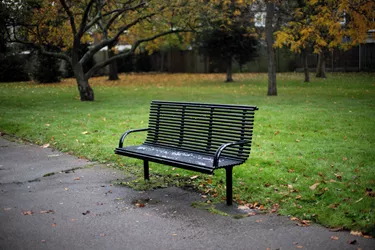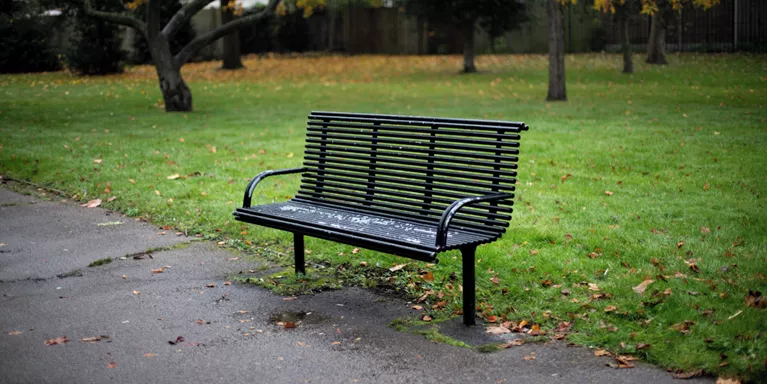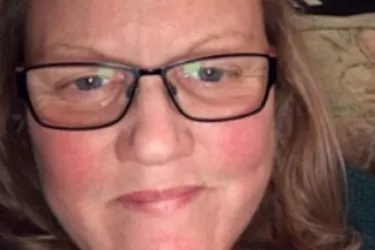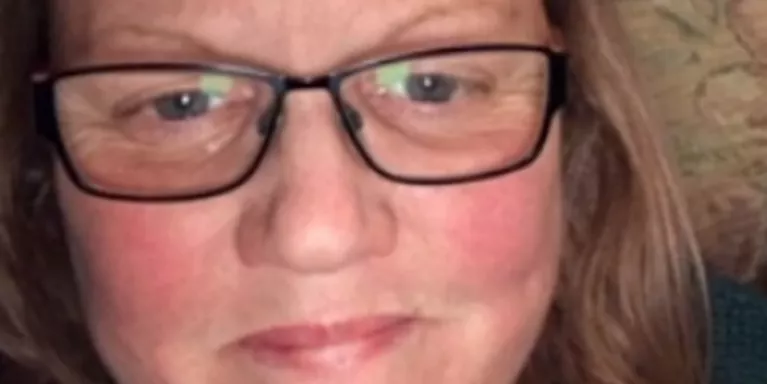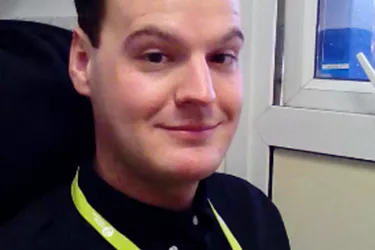Coping with panic attacks
Hannah blogs about how her panic attacks started and how things got better.
"Anxiety's like a rocking chair. It gives you something to do, but it doesn't get you very far."*
I had my first panic attack, out of the blue, in 2012.
I was on a train. I’d never had a fear of public transport. In fact, I used it as a time to escape and people watch. But that time it was different.
I remember getting on the train and there was absolutely no space, the whole carriage was full of people, packed like sardines in a tin can. I felt there was no space to breathe. My body shook uncontrollably. I felt nauseous and light headed. It was very hot. My mouth was dry. I found it hard to breathe and began having heart palpitations. At the time I was unaware it was a panic attack.
Because of the association my mind had made with feeling like this in busy places, I started avoiding these situations because I was scared of it happening again. I found it hard to do things I’d normally have no problem with.
"I began to avoid assemblies, going to class and going out with friends."
I was in my final year of sixth form when my anxiety began. It was already really a stressful time for me as I needed to do my best to get in to university. After the panic attack, I began to avoid assemblies, going to class and going out with friends. I was always in fear when surrounded by people. I became quiet and distant.
Friends and family started to notice these changes and knew something wasn’t right. I described what was up to my close friends and they suggested that I may have social anxiety. I didn’t really know what this was, but I googled it and found information through the NHS website. Most of it matched how I was feeling. I didn't want to believe I had social anxiety, so I kept quiet.
Eventually I broke down and told a family member how I was feeling. I went to my doctor and explained how I felt, what was happening and how I thought it could be social anxiety. I was given a questionnaire to fill out and from there was referred for CBT.
"My anxiety got so bad I would spend £10 on a taxi to get home from school."
It was two or three months before I was seen. Both CBT and counselling helped me to get better and I use many of the tips to this day.
Social anxiety has affected me in many ways. I have a lot of regret for missing out on things because I was too scared of being around people and coming out of my comfort zone. My education was affected a lot – I missed a lot of school and was always distracted and very emotional, which resulted in me not doing as well as I hoped. It affected me financially too. My anxiety got so bad I would spend £10 on a taxi to get home from school because my fear of getting the bus was so bad. I spent a lot of my savings and any money I had on these taxis, which I now really regret.
I still do get anxious to an extent, however I have calmed down a lot compared to how I used to be. I have met other people in similar situations and I have had great support from friends to get me through and fight my fear. Thinking positively and forcing myself out of my comfort zone has really helped me. It helps me realise that things aren’t that bad and that overthinking gets me more nervous then I need to be.
Last year, I joined a charity called Fixers that gives people aged 16 to 25 an opportunity to spread their message through a creative resource. I made a short film on social anxiety, to let people know there is help available and they shouldn’t be afraid to ask for it. Taking part in this project helped a lot with my anxiety – it's given me more confidence and I have pushed myself even more to try and beat it. It has given me excellent opportunities to raise awareness - in June, I appeared on ITV News, speaking about my experience.
My social anxiety has been a journey of ups and downs but I couldn’t have got better without the support of family and friends who helped me in so many situations where I felt so much fear, and Fixers who have given me the opportunity to talk about my experience.
*Jodi Picoult, Sing You Home, 2011


Information and support
When you’re living with a mental health problem, or supporting someone who is, having access to the right information - about a condition, treatment options, or practical issues - is vital. Visit our information pages to find out more.
Share your story with others
Blogs and stories can show that people with mental health problems are cared about, understood and listened to. We can use it to challenge the status quo and change attitudes.










